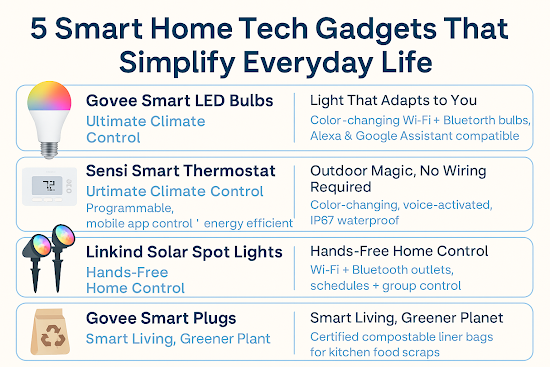A Beginner's Guide to Composting at Home
Want to reduce waste while creating nutrient-rich soil for your garden? Composting at home is an easy, eco-friendly solution! Whether you have a backyard, balcony, or even just a small kitchen space, you can start composting and make a difference for the environment. Let’s dive into the basics!
Why Compost?
Composting helps:
Reduce food waste and minimize landfill contributions
Enrich soil with organic nutrients for healthier plants
Save money on fertilizers and soil amendments
Lower your carbon footprint by recycling kitchen scraps
What Can You Compost?
Think of composting as a recipe for rich soil! Here’s what you can (and can’t) include:
- Greens (Nitrogen-rich materials) – Fruit & veggie scraps, coffee grounds, tea bags, grass clippings, eggshells.
- Browns (Carbon-rich materials) – Dry leaves, cardboard, shredded paper, sawdust, untreated wood chips.
- Other – Crushed eggshells, plant-based food scraps, houseplant clippings.
Avoid: Meat, dairy, oily foods, pet waste, plastic, synthetic materials, diseased plants.
How to Start Composting
Step 1: Choose a Composting Method
- Outdoor Bin or Pile – Perfect for backyard composting! Use a simple compost bin or designate a corner of your garden.
- Indoor Compost Bin – Great for apartment dwellers! Use a bokashi bin or vermicomposting (worm composting) system.
- Tumbler Composter – A hassle-free option that speeds up decomposition.
Step 2: Layer Your Compost Properly
For the best results, alternate layers of greens (wet materials) and browns (dry materials) to maintain a balanced compost.
Example compost layering:
- Start with a base of browns (shredded cardboard, dry leaves).
- Add a layer of greens (fruit scraps, vegetable peels, coffee grounds).
- Sprinkle some soil or compost starter to speed up decomposition.
- Repeat the layers and mix occasionally to aerate the pile!
Step 3: Maintain Your Compost
- Turn the pile every 1-2 weeks to help break down materials faster.
- Keep it moist—your compost should feel like a damp sponge.
Prevent odors by balancing greens & browns and avoiding excess moisture.
When Is Your Compost Ready?
In 2-6 months, your compost will transform into dark, crumbly soil with an earthy scent—ready to nourish your plants!
Get Started Today!
Composting is a simple, sustainable habit that benefits both the planet and your garden. Whether you compost indoors or outdoors, every little effort counts!
Have you started composting? Drop your tips below!
#Composting101 #ZeroWaste #SustainableLiving








Comments
Post a Comment